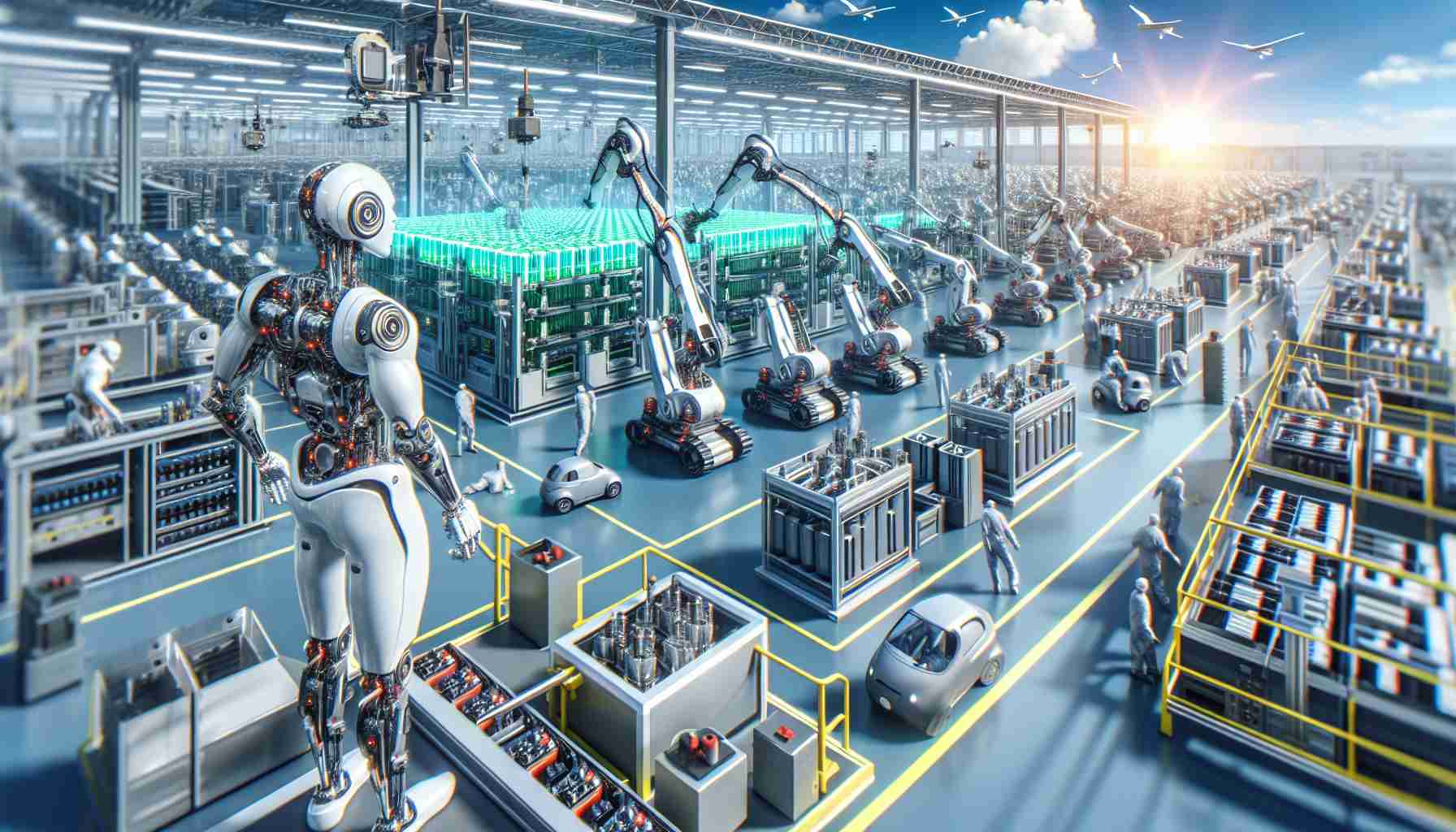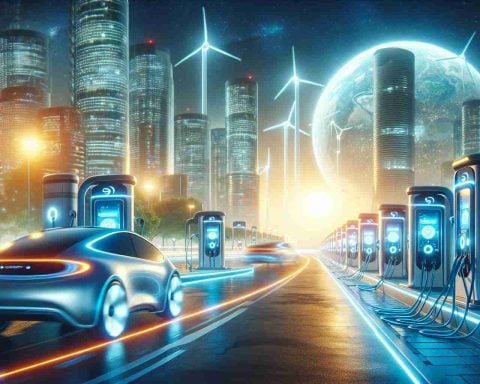Electric vehicle technology has been rapidly advancing in recent years, driving significant changes in the automotive industry. With a growing focus on sustainability and reducing carbon footprints, the demand for lithium-ion batteries is on the rise. However, recent developments in Europe suggest a shift in the pace of this transition.
Major OEMs in Europe have recently announced a slowdown in their transition towards Battery Electric Vehicles (BEVs), raising questions about the implications for the supply chain. This shift could have a significant impact on the demand for battery cells and cathode materials in the region.
Several European cell manufacturers, including PowerCo, ACC, and Northvolt, have decided to delay their expansion plans, sparking discussions about who will fill the gap in the supply of LFP cells. This decision may have broader implications for the overall battery value chain in Europe.
One key question that arises is the potential impact on the carbon footprint of electric vehicles. As the industry grapples with these shifting dynamics, it becomes essential to consider the environmental implications of the choices made in battery production.
Overall, while the European landscape for electric vehicle battery production is facing challenges and uncertainties, it also presents opportunities for innovation and collaboration. Stakeholders across the automotive ecosystem will need to adapt and strategize to navigate these changing dynamics successfully.
The Future of Electric Vehicle Battery Production in Europe: Addressing Key Questions and Challenges
The future of electric vehicle (EV) battery production in Europe continues to evolve, presenting both opportunities and challenges for the automotive industry. While the demand for lithium-ion batteries is increasing, recent developments have raised important questions about the sustainability and efficiency of the transition to Battery Electric Vehicles (BEVs).
Key Questions:
1. What are the implications of major OEMs in Europe slowing down their transition to BEVs?
The decision by major Original Equipment Manufacturers (OEMs) to delay their shift towards BEVs has sparked concerns about the impact on the supply chain and the overall growth of the EV market in Europe.
2. Who will fill the supply gap for LFP cells due to delays in expansion plans by European cell manufacturers?
With companies like PowerCo, ACC, and Northvolt postponing their expansion, there is uncertainty about the availability of LFP cells, which are crucial components of EV batteries.
3. How will the delay in battery production expansion affect the carbon footprint of electric vehicles?
The environmental impact of EVs is a significant factor in their adoption, and any delays or changes in battery production can influence the overall sustainability of electric transportation.
Challenges and Controversies:
– Supply Chain Disruption: The slowdown in BEV transition could disrupt the supply chain for battery cells and materials, leading to potential shortages and delays in EV production.
– Environmental Concerns: Shifting dynamics in battery production may impact the carbon footprint of EVs, raising questions about the sustainability of the electric transportation ecosystem.
– Market Uncertainty: Delays in expansion plans and changes in production strategies introduce uncertainties in the European market for EV batteries, affecting investment decisions and strategic planning.
Advantages and Disadvantages:
– Advantages: Opportunities for innovation and collaboration in the EV battery sector, potential for new technologies and partnerships to address supply chain challenges.
– Disadvantages: Risk of supply shortages, environmental implications of delays in sustainable battery production, and market volatility due to uncertainties in the transition to electric mobility.
As the European landscape for EV battery production navigates these challenges, stakeholders must adapt and collaborate to ensure a sustainable and efficient transition towards electric transportation. By addressing key questions, understanding challenges, and exploring opportunities for innovation, the industry can overcome obstacles and build a more resilient ecosystem for electric vehicle technology.
For more insights on the future of EV battery production in Europe, visit Electric Vehicles Research.











